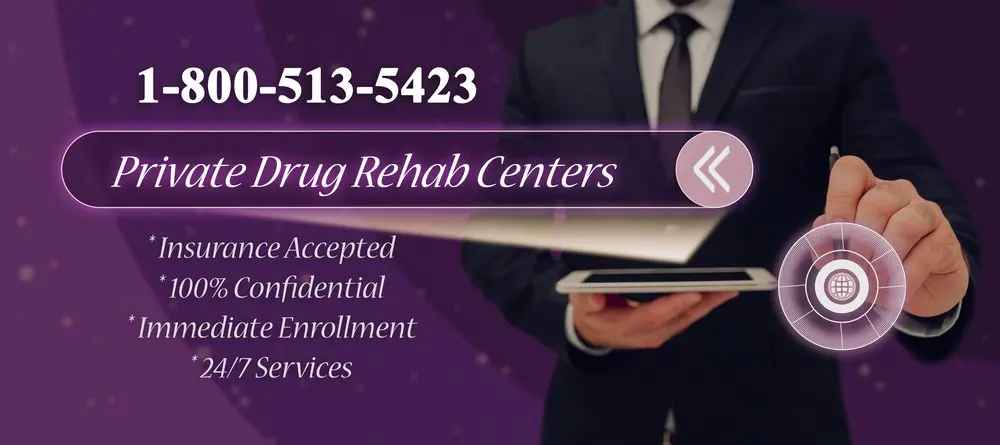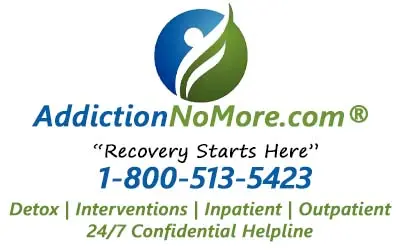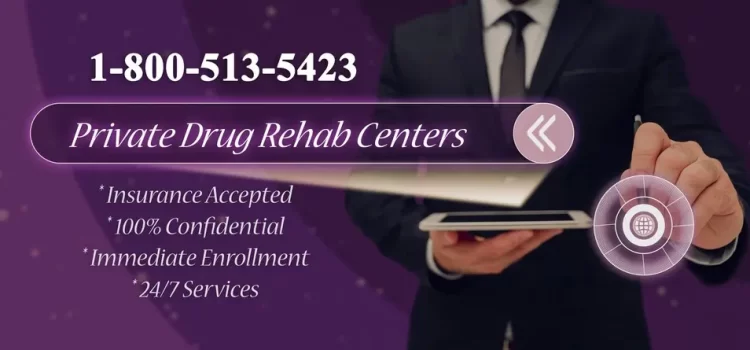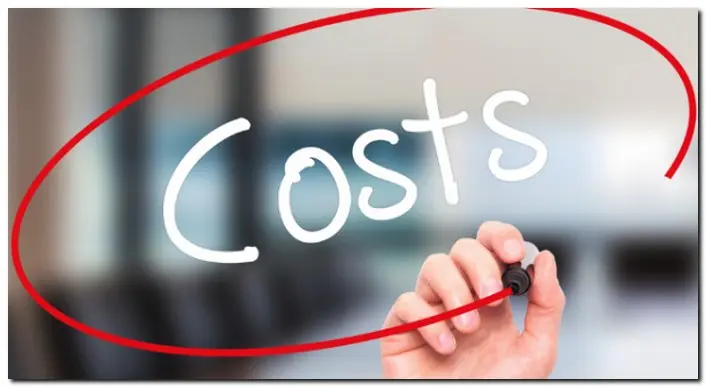Why You Should Choose a Private Drug Rehab Center in Idaho
Many private drug rehab centers in Idaho provide retreat-style accommodations with natural beauty and serenity. These resort-style accommodations give you opportunities for rest and reflection throughout your inpatient treatment. While examining the many styles of luxury addiction treatment programs, you will find many differences you must consider. Enrolling in an evidence-based inpatient program tailored to address addiction and support you in achieving long-term recovery should be your top priority. Programs with a low client-to-staff ratio offer private bedrooms, which creates a unique setting that is conducive to the recovery process. Private programs have more flexibility in delivering therapy models that have proven themselves to be effective in handling addiction. Having the ability to draw from many types of therapy gives private drug rehabs an edge in treating addiction in Idaho. Considering the amount of therapy and activities offered, the level of care at these treatment centers far surpasses their state-funded counterparts.Are you ready to enroll in a private drug rehab center today? Our counselors are here to help you decide what treatment will best suit your needs. We can help you (or a loved one) find the best private drug rehab center in Idaho or anywhere in the country. Most private rehab facilities accept PPO and HMO health insurance, and your inpatient stay may be covered 100%. To find out more or to get enrolled today, please call us now.
1-800-513-5423

What You Will Learn On This Page:
- How to Find Private Drug Rehab Centers in Idaho Near Me
- Why are Private Drug Rehabs in Idaho So Successful?
- Is a Private Drug Rehab Center Right for Me?
- How Much Does a Private Drug Rehab Cost?
- Should I Go Out of State for Rehab?
- Outpatient & Aftercare
- How We Can Help
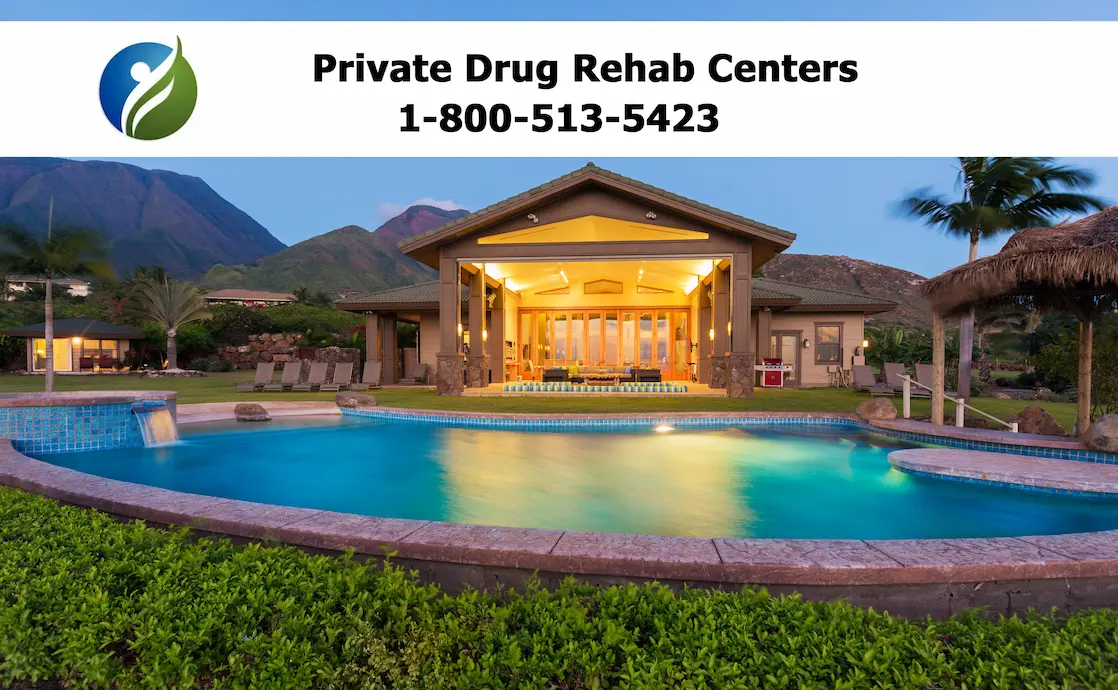
How to Find Private Drug Rehab Centers in Idaho Near Me
The counselors at Addiction No More can help you locate the top-rated private treatment centers in your area. Below is a list of some of the cities in Idaho that have private drug rehab centers with private rooms. Many centers allow cell phone or computer time, and some even allow you to bring your pet. Our counselors are here 24 hours a day, 7 days a week, to answer all of the questions that you may have. This call is 100% confidential.1-800-513-5423
Boise Idaho Drug RehabsCaldwell, ID Addiction Treatment
Coeur D’Alene Idaho Drug & Alcohol Rehabilitation
Idaho Falls, ID Drug Treatment Facilities
Nampa, Idaho Substance Abuse Treatment

Why are Private Drug Rehabs in Idaho So Successful?
Private Drug Rehab Centers are among the most successful addiction treatment programs in Idaho. This is because these centers operate in the private sector on a profit basis. Unlike state-funded treatment programs, private rehab programs are set up with a higher standard of treatment to deliver a better program with better results. Private drug treatment programs have a lower staff-to-client ratio and provide more one-on-one treatment, achieving more of an intense treatment program in a comfortable setting.These facilities have a lower staff-to-patient ratio, allowing more one-on-one treatment to be administered while enrolled in a private treatment program. Having to operate for profit, unlike state-run facilities, makes them accountable for delivering the best results possible. Finding a private recovery program in your state or region that fits your needs can be difficult, so it may be necessary to seek private treatment outside of your area. For those struggling with either addiction to alcohol or other drugs, there are excellent private drug rehab center options throughout the country.
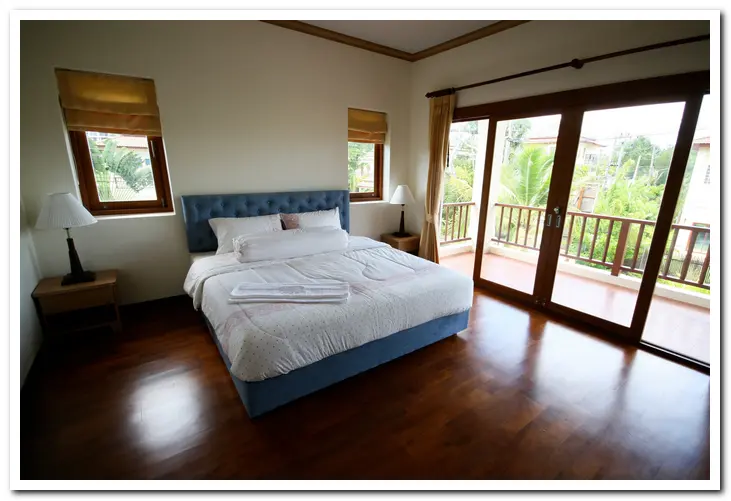
Is a Private Drug Rehab Center Right for Me?
An obstacle for some people who need treatment is the desire for a single, private, one-person room. While in treatment at an inpatient, private rehab center, the client receives scheduled, focused treatment plans in an environment conducive to the healing process. This is why, in most private drug rehabs, you will have your own private bedroom. Having your own “safe” space for reflection after therapy without the distractions of a roommate can be monumental in the healing process. Making the correct choice requires educating yourself about which private treatment program is right for you or a loved one. Private centers can be expensive, but you will receive the highest quality care at a private facility. If you are looking for treatment for yourself or maybe someone close to you, having all the facts concerning the addiction can help us determine if there is even a need for inpatient treatment at a private drug treatment program.These are a few of the other reasons one might choose a private facility:
Failed attempts at inpatient treatment or outpatient treatment.
No family or friend support close to the person needing help.
Underlying psychiatric conditions (depression, personality disorders, anxiety issues)
Need for confidentiality.
Please get in touch with us by phone for immediate assistance. This is a necessary step in beginning the recovery process for yourself or a loved one. Our addiction treatment specialists and staff have over 25 years of experience in helping people find effective and affordable treatment for all addictions. What you tell us is completely confidential. We are HIPAA compliant. We are here to answer your questions and to get you (or a loved one) into treatment today. For immediate intake, call us now.
1-800-513-5423
How Much Does a Private Drug Rehab Cost?
Treatment for addiction can often cost thousands of dollars. Most insurance companies and policies will cover some of the rehab costs, including detox services and therapy. Some rehab programs offer financing options, or if you have private health insurance through your employer, it may cover most, if not all, of the costs associated with treatment at a private facility. Our staff can help you get your insurance benefits verified right away.*Private insurance is insurance you pay for or employer-sponsored coverage through your job, like Aetna, Cigna, or United Healthcare.
Without insurance, private drug rehabs can be expensive; however, most private companies will offer payment plans or scholarships. Many more affordable private addiction treatment programs provide the same amenities and therapy at a lower cost. These more affordable facilities may be a better fit for what you are looking for. With a few simple questions, we can help you determine which addiction treatment program would best suit your needs and give you lifelong sobriety. All the facts concerning addiction can help us determine which type of rehab is needed.
Regardless of your financial or social status, addiction and the temptation to abuse drugs or alcohol do not discriminate. We can help you verify exactly what your insurance will pay for rehab now.
1-800-513-5423

Should I Go Out of State for Rehab?
In some cases, traveling to another state for treatment can be a good choice, and in other cases, it may hinder the recovery process. Traveling for treatment can be helpful to those seeking complete confidentiality or needing to get away from the area that they are using. For those who need an intervention to get them to agree to enter treatment, getting them a plane flight away removes the temptation to check themselves out of treatment before the program is completed.Outpatient & Aftercare
Outpatient rehab centers in Idaho offer treatment for substance abusers who cannot take time away from their busy schedules for treatment. Often, outpatient rehab is used as the first defense against a developing addiction. Outpatient treatment defines treatment options that can vary from going to 12-step meetings to partial hospitalization treatment programs.
How We Can Help
1-800-513-5423

Drug Use Stats in Idaho
This report reflects significant trends, data, and major issues relating to drugs in the state of Idaho.
Idaho At-a-Glance:
In 2010-2011, Idaho was one of the top ten states for rates of drug use in several categories, including past year non-medical use of pain relievers among persons age 12 or older and past year non-medical pain reliever use among persons age 12-17. Source: National Survey on Drug Use and Health (NSDUH), 2009-2010.
Approximately 9.36 percent of Idaho residents reported past-month use of illicit drugs; the national average was 8.82 percent.
In 2012, drug treatment admissions for non-heroin opiates increased to 12 percent. Drug treatment admissions for stimulants, including methamphetamine, were 39 percent.
In 2010, the rate of drug-induced deaths in Idaho was lower than the national average.
Drug Use Trends in Idaho
Drug Use in Idaho: The National Survey on Drug Use and Health (NSDUH) provides national and state-level data on the use of tobacco, alcohol, illicit drugs (including non-medical use of prescription drugs), and mental health in the United States. In the most recent Survey, 9.36 percent of Idaho residents reported using illicit drugs in the past month. The national average was 8.82 percent. Additionally, 3.71 percent of Idaho residents reported using an illicit drug other than marijuana in the past month (the national average was 3.33 percent). Source: Substance Abuse and Mental Health Services Administration – State Estimates of Substance Use from the 2009–2010 National Survey on Drug Use and Health:
Drug-Induced Deaths: As a direct consequence of drug use, 184 persons died in Idaho in 2010. This is compared to the number of persons in Idaho who died from motor vehicle accidents (214) and firearms (198) in the same year. Idaho drug-induced deaths (11.7 per 100,000 population) were lower than the national rate (12.9 per 100,000).
Sources
N-SSATS
Who Pays for Treatment
SAMHSA
Erik Epp – Content Author
